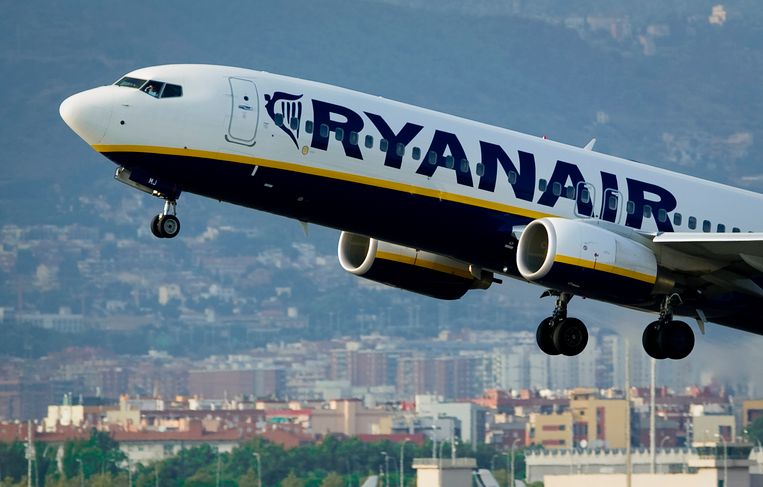Ryanair will reduce its flight capacity, in view of the Covid-19 pandemic and the fall in traffic, to 40% this winter as opposed to 60% last year, the airline announced on Thursday.
Ryanair added in a press release that the bases of Cork and Shannon (Ireland), and that of Toulouse (France) will also close from November to March. It will also considerably reduce the number of aircraft at bases in Belgium, Germany, Spain, Portugal and Vienna.
However, Ryanair had said at the end of September that it planned to open a new French base at Beauvais, from December, despite the fall in traffic.
The carrier wants to maintain 65% of its network but with a reduced frequency. With these measures, Ryanair is now counting on 38 million passengers for its 2021 financial year.
Ryanair said in September that it wanted to reduce its flights for October by 20% because of the impact on demand of travel restrictions decided by governments to stop the spread of the virus.
Related News
- Ryanair cancels another 20% of its flights in October
- Ryanair will cut twice as many jobs as expected in Belgium
Ryanair CEO Michael O'Leary is blaming “government mismanagement of EU air travel” to justify this reduction in its flight plans.
While O’Leary talks of "minimising job losses,” he added that “it is inevitable, given the scale of these cutbacks, that we will be implementing more unpaid leave, and job sharing this winter in those bases where we have agreed reduced working time and pay, but this is a better short term outcome than mass job losses."
“There will regrettably be more redundancies at those small number of cabin crew bases, where we have still not secured agreement on working time and pay cuts, which is the only alternative.”
The airline sector is one of the hardest hit by the pandemic. On Tuesday, organisations representing the sector launched an urgent worldwide appeal for a second round of government aid to tackle the health crisis that continues to drain the coffers of airlines and airports.
In addition, in order to avoid quarantine measures, particularly in the United Kingdom, governments must "use tests" on passengers before their departure, stressed the Airports Council International (ACI) and the International Air Transport Association (IATA) on Tuesday.
“Without these actions, it is no exaggeration to consider that the industry is facing collapse,” they said.
The Brussels Times

